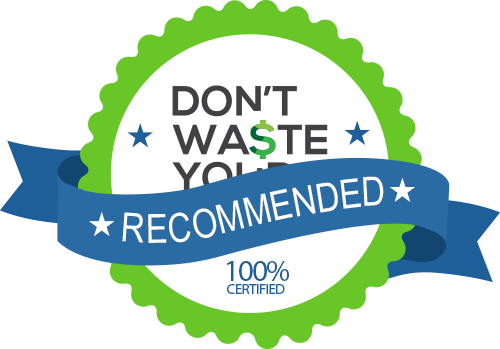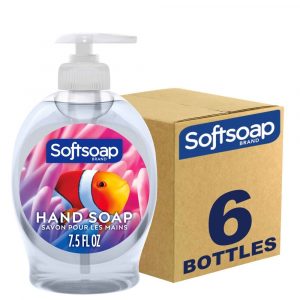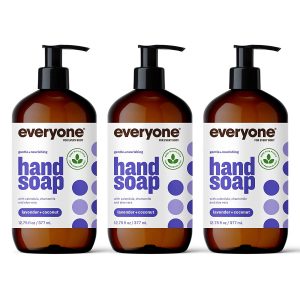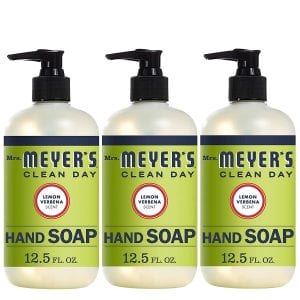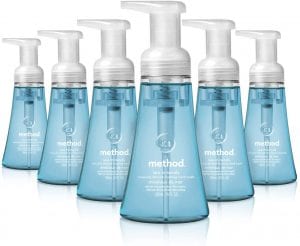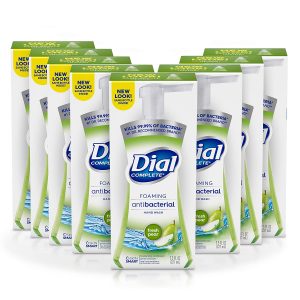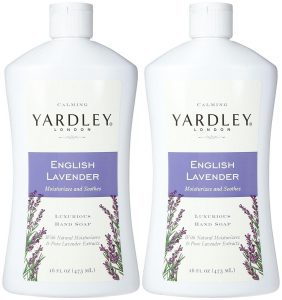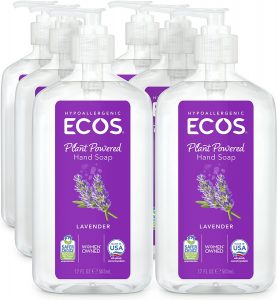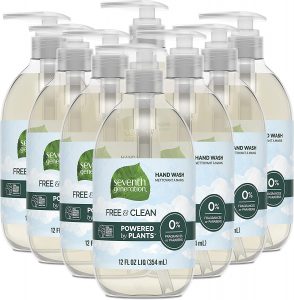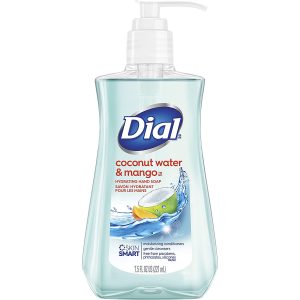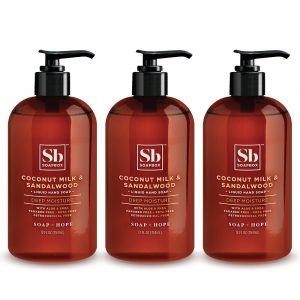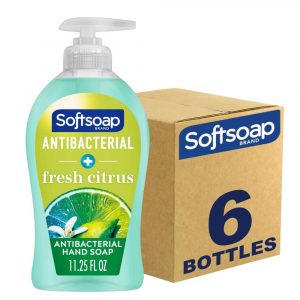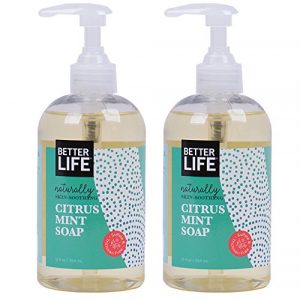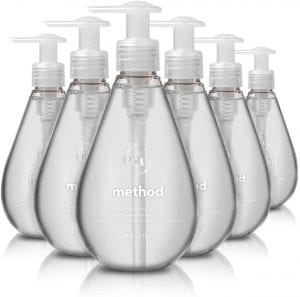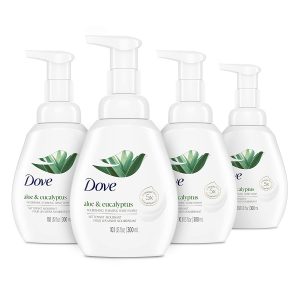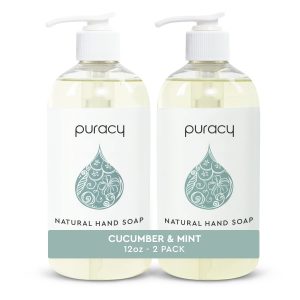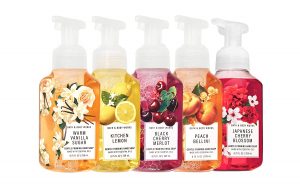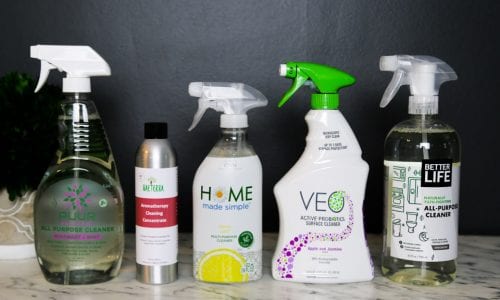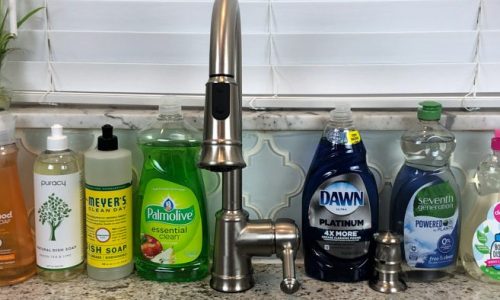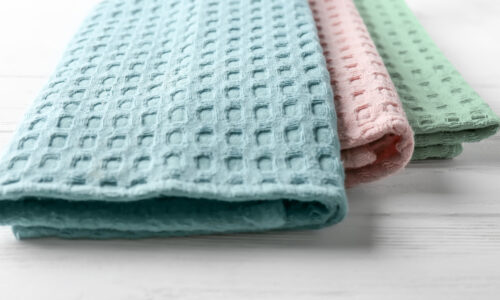The Best Hand Soap
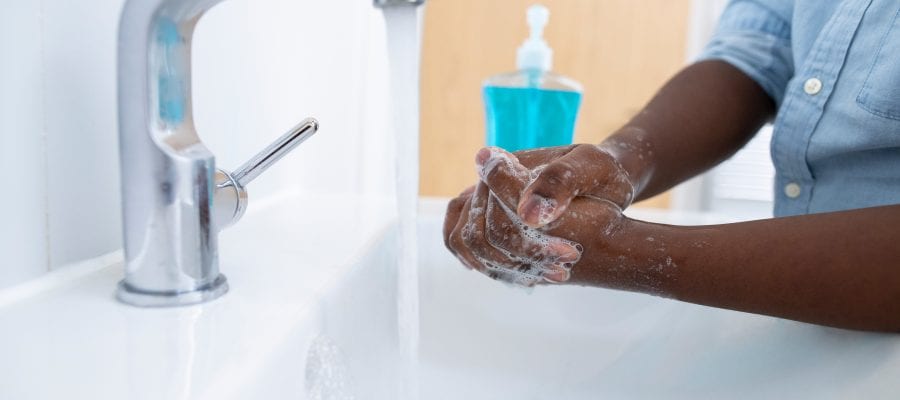
Our Review Process
Don't Waste Your Money is focused on helping you make the best purchasing decision. Our team of experts spends hundreds of hours analyzing, testing, and researching products so you don't have to. Learn more.
Our Picks For The Top Hand Soaps
- 1. Softsoap Lathering pH Balanced Hand Soap, 6-Pack
- 2. Everyone Gentle & Nourishing Hand Soap, 3-Pack
- 3. Mrs. Meyer’s Aromatherapy Chemical-Free Hand Soap, 3-Pack
- 4. Method Sweet Water Foaming Hand Soap, 6-Pack
- 5. Dial Skin Smart Paraben-Free Hand Soap, 8-Pack
- 6. YARDLEY LONDON 2-Pack English Lavender Liquid Hand Soap
- 7. ECOS Biodegradable Natural Hand Soap, 6-Pack
- 8. Seventh Generation Free & Clean Plant-Based Hand Soap, 8-Pack
- 9. Dial Hydrating Mild Hand Soap
- 10. Soapbox Paraben & Sulfate Free Hand Soap, 3-Pack
- 11. Softsoap Virus-Fighting Enriched Hand Soap, 6-Pack
- 12. Better Life Soothing Sulfrate-Free Natural Hand Soap, 2-Pack
- 13. EVOLVED BY NATURE Gel Sensitive Skin Natural Hand Soap, 3-Pack
- 14. Method Bathroom Natural Hand Soap, 6-Pack
- 15. Dove Moisturizing Gentle Hand Soap, 4-Pack
- 16. Puracy Foaming Plant-Based Hand Soap, 2-Pack
- 17. Bath & Body Works Essential Oils Hand Soap, 5-Pack
This liquid hand soap lives up to its name. This soap comes in a lively container and dispenses smoothly. The ingredients are free of not only parabens but also soy, gluten, nickel and many preservatives that are likely to cause allergies.
Safe For SkinThis liquid hand soap keeps hands clean and free of preservatives.
This lavender coconut hand soap comes by its scent and pleasing consistency honestly. There are no parabens, phthalates or dyes and it is also GMO-free. The essential oils and vitamins leave your hands cleaner and healthier.
Real, Nutritious IngredientsThis lavender coconut hand soap is great for those who care about their skin.
This lemon verbena hand soap goes on with a pleasing citrus scent. Thanks to aloe vera and a host of other fortifying ingredients, it leaves the hands soft and clean. Best of all, it's made cruelty-free and without parabens.
Citrus-Scented CleaningThis lemon verbena hand soap smells as great as it feels.
This foaming hand soap is made from an array of natural ingredients. It is also free of triclosan or other harmful substances and is biodegradable. The foaming soap is very affordable and does a great job at keep hands moist and clean.
Affordable, Natural SoapThis foaming hand soap is a great, natural way to keep clean on a budget.
Buying Guide
In the best of times, many of us rarely think about hand soap. But ever since a certain global health crisis, people are a lot more concerned about the frequency with which they wash their hands — and what they’re washing them with.
The standard hand cleaner that you buy off the shelf these days is going to be liquid soap in some sort of pump dispenser. Even those who prefer old-fashioned bars of soap have to admit they leave bathroom sinks with a bit of a residue that can be difficult to clean. As we’ll see, commercial hand soaps can be made with a wide variety of ingredients, but the basic chemical process for making soap involves some kind of animal fat or (more commonly for modern soaps) vegetable oil. To that oil is added precise amounts of an alkaline solution. That initiates the process of saponification that turns those fats or oils into soap.
Of course, even a cursory look at the back of a soap container will tell you that those two ingredients are far from the only things in the bottle. The big active ingredient in your soap will typically be a surfactant of some kind. Surfactants are usually sulfate compounds, some derivative of alcohol, and they do the “heavy lifting” that you expect out of your soap: Namely, separating dirt and grease from your hands and dissolving it in water.
MORE: The Best Soap Dispenser
If your soap is antimicrobial or antibacterial, you might see a lot more ingredients with names that are tougher to pronounce. Benzalkonium chloride and chloroxylenol are just a couple of common ones. One antibacterial agent that was found to be potentially harmful to humans is triclosan. New mothers will especially want to avoid this one, as triclosan can cause hormone imbalances and show up in breast milk. The FDA banned the use of this ingredient for hand soaps in 2016, but keep an eye out for it in older or less regulated products.
There’s a number of other ingredients, antibacterial or otherwise, that health-conscious hand-washers will want to keep an eye out for. Parabens are a big one — these preservatives have also been found to disrupt hormone production and can even irritate the skin of some users.
Most hand soaps will also contain some moisturizing ingredients. These can range from natural oils like aloe vera or shea butter to chemicals like glycerin that can actually seal moisture into the skin surface. If you have uncommonly dry hands or live in a place with very cold winters, you’ll want a good moisturizing soap to protect that skin.
Want your hands to not just feel cleaner, but smell that way? Many hand soaps employ a fragrance of some kind. Again, keep an eye on the ingredient list. It’s harder to do in this case, since “fragrance” can be listed on many soaps without outlining the chemicals that produce them. More eco-friendly soaps will typically tell you what their scents derive from, as they can be added by natural means with plant oils.
What to Look For
When it comes to hand soap, there are generally two types: Foaming or liquid. Which one is right for you? You’ll generally find foaming soaps in most offices and restaurants, and there’s a reason for that. These soaps require less water to make, and people tend to use less of it to wash their hands. That saves the business money in the long run, and it can save you cash as well. On the other hand, there’s research to suggest that people tend to stay at the sink longer when using liquid soap and therefore get their hands a bit cleaner.
More to Explore
It can be tough to navigate the ingredients on a soap bottle these days, but (like a lot of things) it was a lot easier in the old days. There is a record that as early as 2800 BC, Babylonians were making soap by boiling animal fats such as goat tallow in a simple solution made with wood ashes.
